By Maddy Longwell
Staff Writer
Besides electing the 45th President of the United States and determining the outcome of dozens of closely contested House and Senate races around the country, voters will turn out on Nov. 8 to vote on important policies in their states and communities. In Massachusetts, voters will find four additional questions on their ballot. While Question 2—asking voters if the state should raise the cap on charter schools and their funding—has dominated local politics in the lead up to the election, Question 4 promises to bring its own change.

Question 4 in Massachusetts asks voters to decide if the state should legalize the recreational use of marijuana, which would become legal for adults to use, but subject to regulations similar to those of alcohol. Massachusetts is not alone in its decision. Voters in Maine, California, Arizona, and Nevada are all voting on the same issue.
These states could be the next few in what appears to be a growing trend of recreational pot legalization. There are already 24 states, including Massachusetts, that have legalized the use of medical marijuana in some capacity and Alaska, Colorado, Oregon, Washington, and the District of Columbia have legalized recreational use so far. If California approves the measure, the use of recreational pot will be legal along the entire West Coast.
In Massachusetts, Question 4 has become increasingly controversial in the final weeks approaching the election. On both sides of the discussion, political figures have come out to make arguments. Former Governor Bill Weld has come out in favor of legalization and he is not alone. Support for a “yes” vote has come from numerous state senators and representatives; Michelle Wu, president of the Boston City Council; and Harvard University Professor Jeffrey Miron. The question has also gained support from the ACLU of Massachusetts.
Those advocating for a “no” vote include Governor Charlie Baker and Boston Mayor Marty Walsh. In addition to a group of state representatives and senators, a “no” vote is supported by the Massachusetts Police Chiefs Association and Massachusetts Hospital Association.
More than five million dollars has been raised so far to fund campaigns for both a “yes” and “no” vote. One of the most notable backers and funders of a “no” vote on Question 4 is the Catholic church. On Friday, Oct. 28, the Boston Archdiocese spent $850,000 to contribute to opposition of Question 4.
Supporters of legalization, which include the Harvard Crimson and Boston Globe, cite the policy as a way to intervene in the dangerous and costly drug market in the U.S., supporters also highlight the increased tax revenue that would come from the sales of legal marijuana. Opponents see another side, opposition to Question 4 say marijuana use is dangerous, harmful to health and harmful to communities.
According to a WBUR poll from mid-October, 55 percent of voters will likely vote “yes” on Question 4 next week.
Across the country the trend seems similar, according to the LA Times, more than 58 percent of voters support a “yes” vote for their state. As more states legalize recreational marijuana, the potential size of the legal marijuana market increases. These trends are only enforced when states like California, which will likely have the biggest legal marijuana market in the U.S. if the question passes.














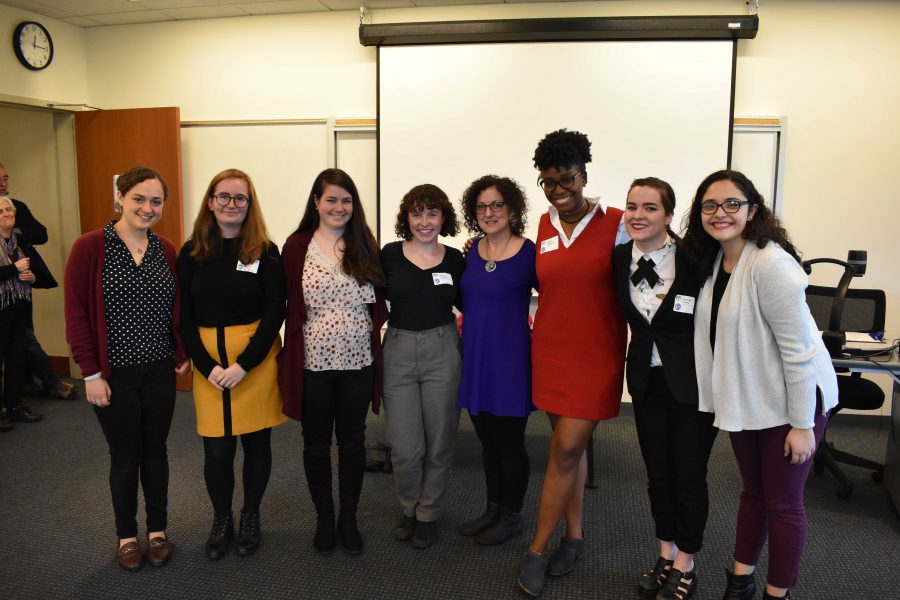
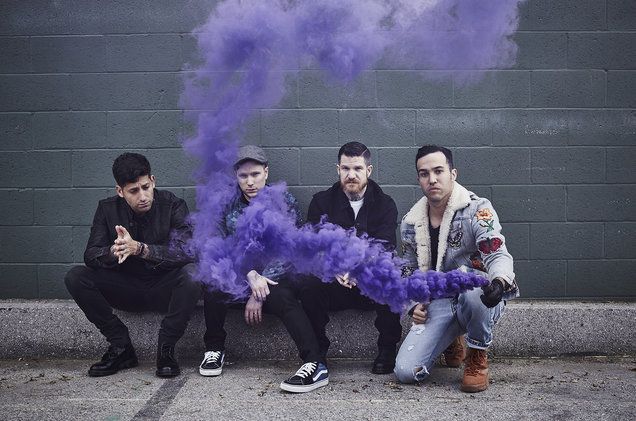
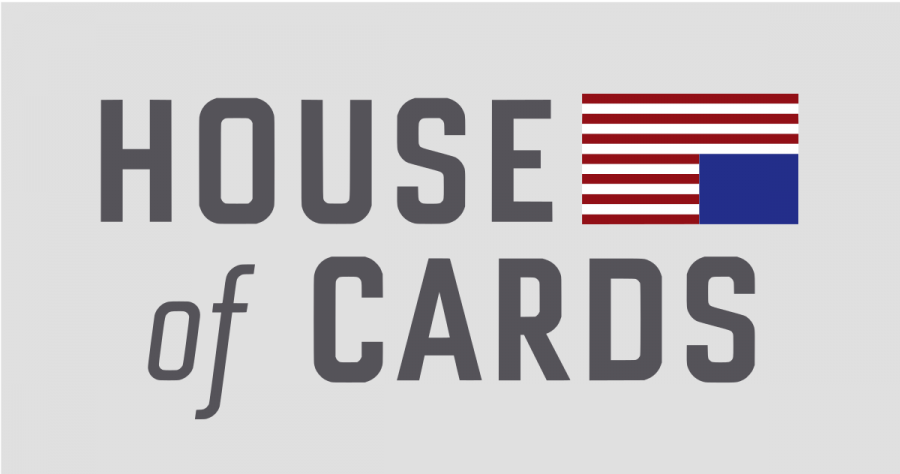
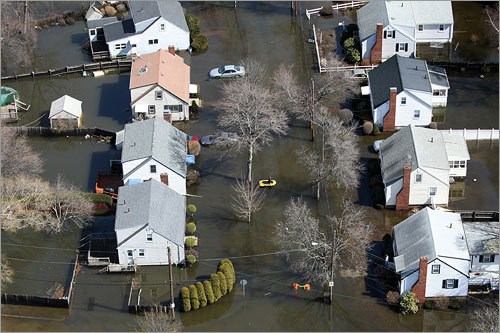




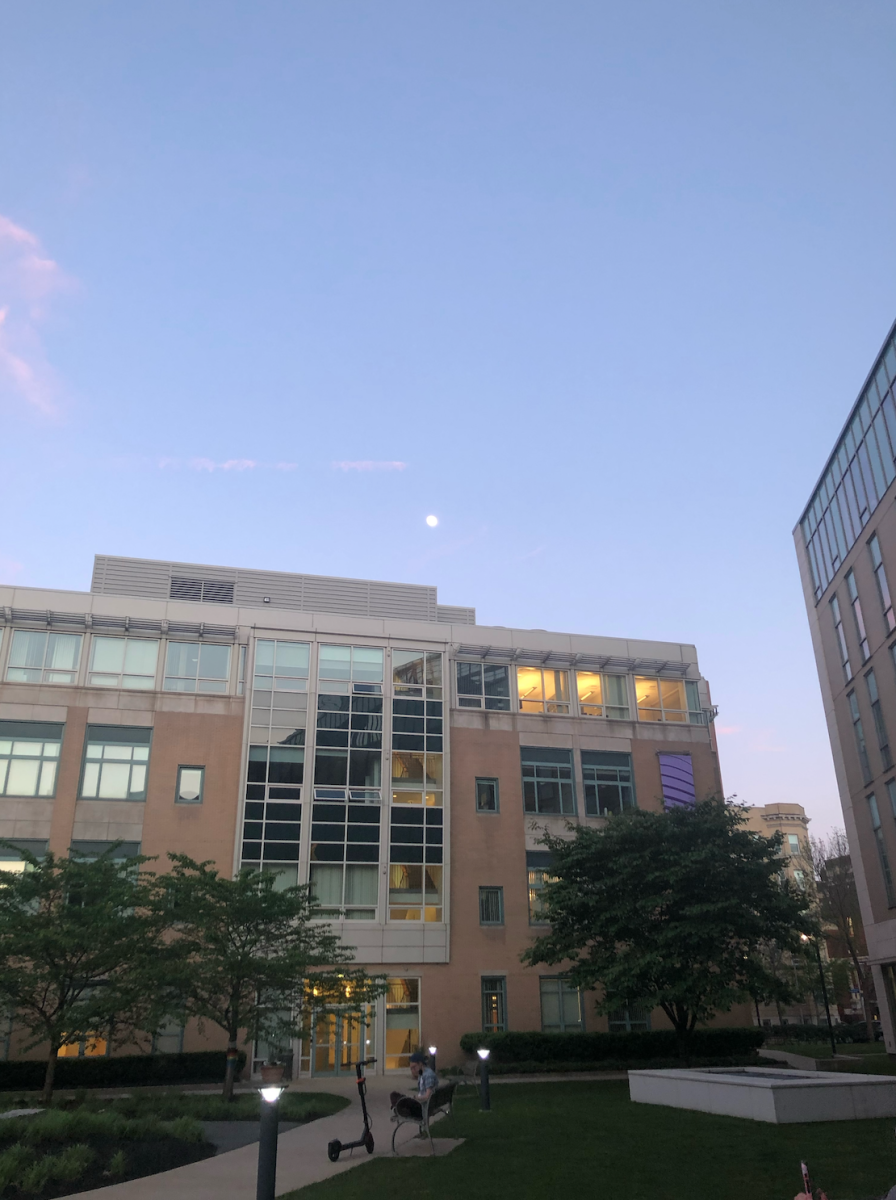
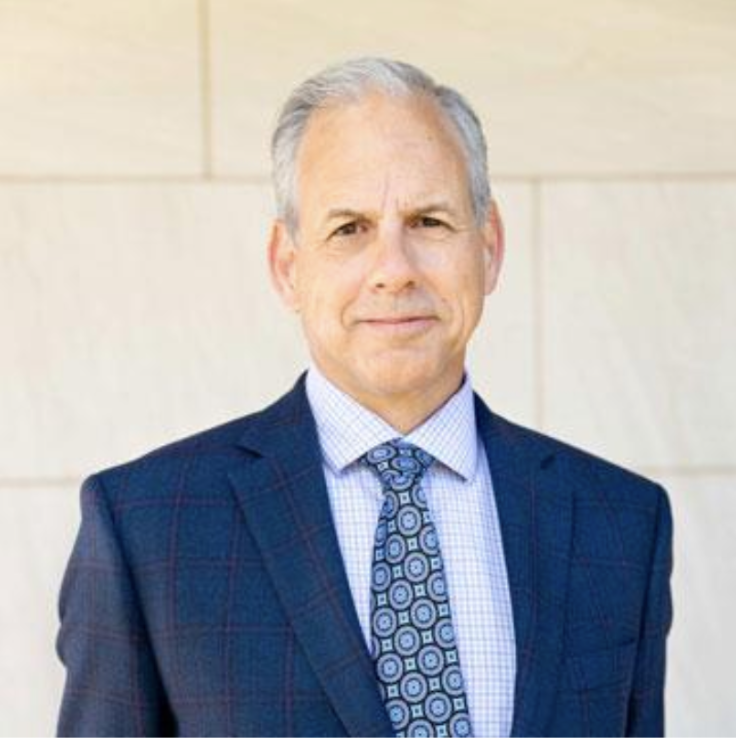
charles • Nov 6, 2016 at 8:48 pm
Why Im in favor of legalization:
1) Everyone who wants to be smoking already is.
2) Legalization allows for tax revenue to be generated instead of the money flowing into organized crime.
3) Legalization decreases teen use (as found by the Colorado Department of Public Health)
4) Legalization ensures product safety and consistent quality.
5) Alcohol is legalized and is much more harmful than cannabis.
For me the choice is easy. I want to protect the children and raise money for our state so Im voting YES to legalization. As for Walsh and Baker, I find it pretty hypocritical that they are against legalization. Both of them have supported expanded alcohol access across the state. Alcohol, a drug far more harmful than cannabis.